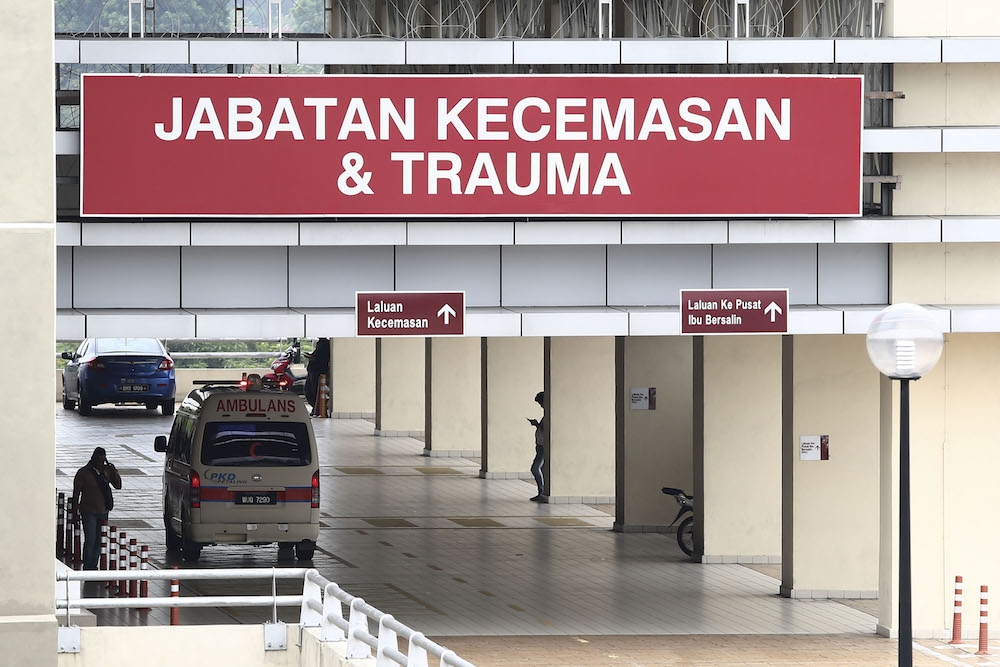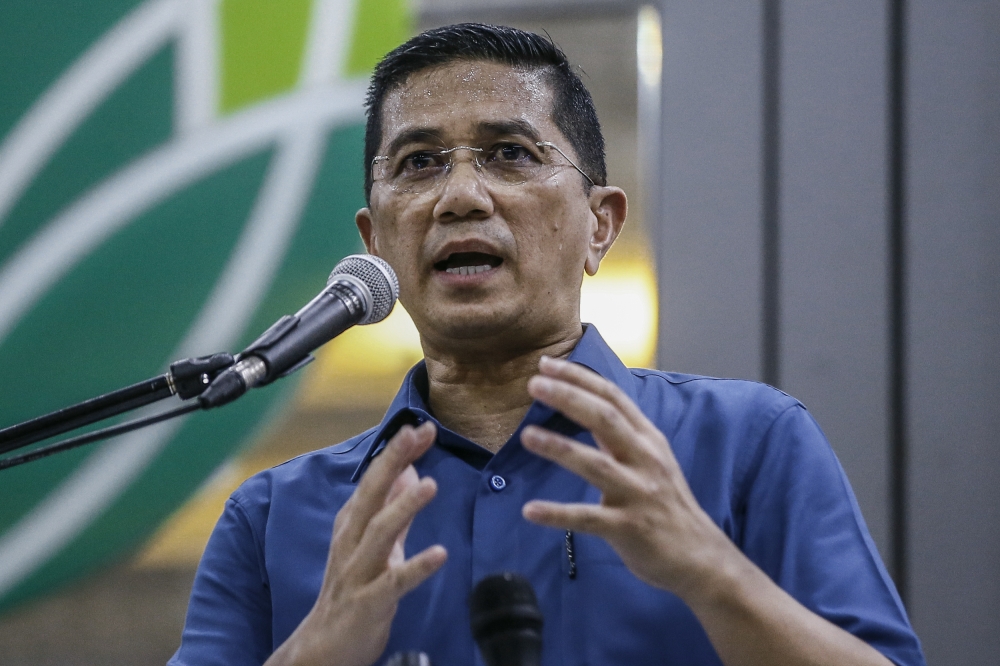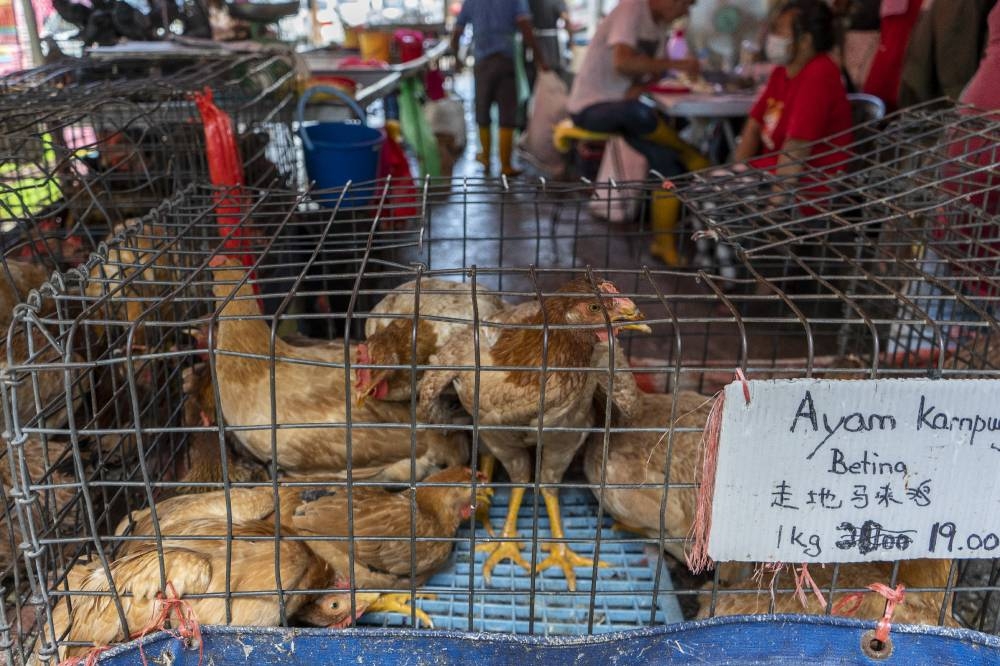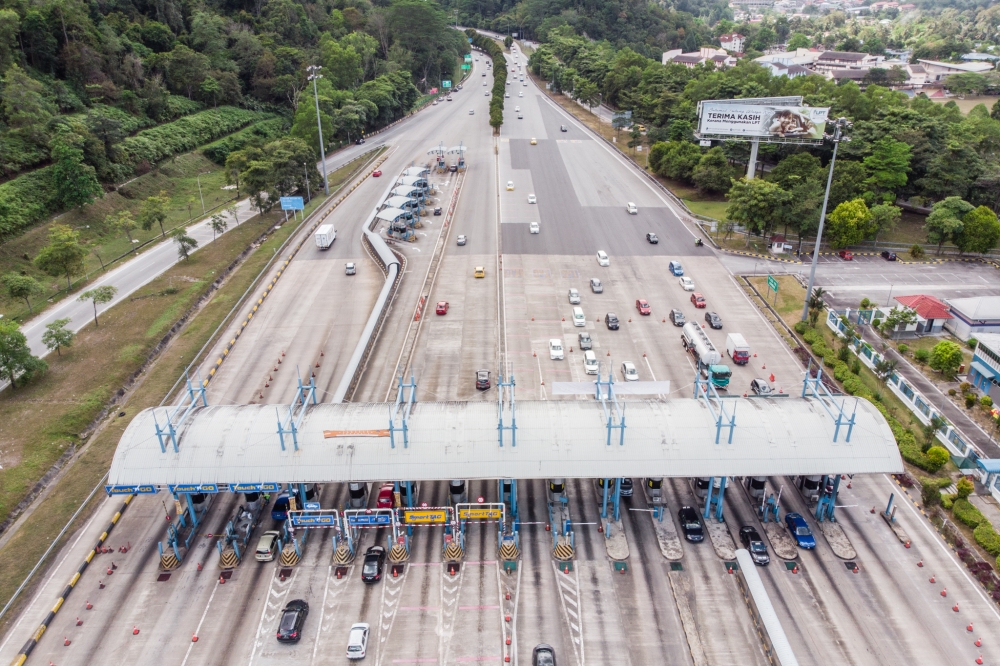KUALA LUMPUR, May 22 — Public unhappiness over steadily rising prices could spur Umno to try even harder for an early general election, according to political analysts.
They said the timing would allow the former ruling party to both deny any responsibility for the country’s cost of living that has skyrocketed since the Covid-19 pandemic and claim it would need a strong mandate in order to address the issue.
According to Senior Fellow at Nusantara Academy for Strategic Research Azmi Hassan, Umno could claim that while Prime Minister Datuk Seri Ismail Sabri Yaakob was from the party, he was still restricted by having to depend on Parti Pribumi Bersatu Malaysia (Bersatu) and PAS to maintain his government.
“This narrative is very powerful and effective since the Opposition is at a very low ebb right now,” Azmi told Malay Mail.
“By combining the two narratives of a weak prime minister, rising cost of everything and inability to form policies in government Umno must feel now is the best time to have a general election rather than wait till next year.”
After being voted out in the 2018 general election, Umno and Barisan Nasional have been resurgent and seen success in three recent by-elections including Melaka and Johor that the former ruling coalition won effectively on its own.
This success has emboldened Umno to clamour for a snap general election, based on the belief that it could convince voters to give it a strong mandate to bring back policies they previously enjoyed under decades of BN rule.
However, Azmi said this window of opportunity was closing for Umno and BN, as a further or rapid deterioration of the economy could result in public anger being directed at them as part of the government of the day.
“Whatever the reason is, for Umno it's good for them to go into elections in the coming months, not next year as things are changing fast by next year.
“The economy could be in dire straits and also Opposition can form a consortium themselves,” he added.
Malaysia's Consumer Price Index (CPI) increased moderately by 2.2 per cent to 125.2 in February 2022 from 122.5 in the same month of the preceding year, driven mainly by the increase in food inflation, the Department of Statistics Malaysia revealed in March.
Chief statistician Datuk Seri Mohd Uzir Mahidin said the increase surpassed the average inflation in Malaysia for the period 2011 to February 2022 of 1.9 per cent.
He said the 3.7 per cent increase in food and non-alcoholic beverages group was largely due to an increase in the component for food at home which increased 4.1 per cent compared to the same month of the preceding year adding that the increase was mainly for raw cooking materials such as chicken (14.2 per cent) and eggs (13.5 per cent).
Already in turmoil since the pandemic, global commodities suffered another major shock this year as a result of Russia’s invasion of Ukraine. The conflict has severely affected the international wheat market, among others, as both countries are breadbasket nations.
The wheat shortage was exacerbated by India’s decision last week to ban wheat product exports as a result of its own lack of supply and inflation.
Universiti Sains Malaysia (USM) political science professor Ahmad Fauzi Abdul Hamid said the development meant Umno would have more motivation to seek a snap election once the Memorandum of Understanding on Transformation and Political Stability’s runs out in July.
When asked if rising prices globally would force Umno’s hand on the timing of the election, Fauzi said Umno would have little to gain as a party by waiting longer as this would only give time for the fractured Opposition to recover.
Fauzi also said the Perikatan Nasional government was recent enough that Umno might still be able to blame it for rising prices now, by claiming that the coalition’s ministers failed to act on the Malay nationalist party’s warnings previously.
“For example, (Datuk Seri) Azmin Ali, (Datuk Seri) Mustapa Mohamad and (Datuk Seri) Tengku Zafrul (Abdul Aziz) are non-BN ministers whose portfolios deal in significant ways with the economy. What have they done to alleviate the economic suffering of the man on the street?”
Azmin is the minister of international trade and industry while Mustapa oversees economic affairs as a minister in the Prime Minister’s Department; both are from Bersatu. Zafrul, a former banker, is a technocrat minister appointed by Bersatu President Tan Sri Muhyiddin Yassin when the latter was the PM.
Senior fellow at the Singapore Institute of International Affairs Oh Ei Sun said Umno would also be eager to maintain its momentum from the Melaka and Johor elections.
Oh said that while Ismail Sabri may prefer to delay the general election to try and consolidate his position, Umno would be wary about giving time for its rival to prepare.
“Nowadays politics are very turbulent, and you never know what will happen even in a few days’ time.
“So, while the Opposition is still weak, why not strike the iron when it is hot, and bend it to your liking?” he added.
Rising food prices have increasingly dominated public discourse as unresolved supply disruptions since the Covid-19 pandemic have led to repeated and painful increases in recent months.
The price hikes along with unreliable sourcing forced Ismail Sabri’s government this week to unexpectedly announce the abolition of approved permits (APs) as a requirement for food imports except for rice.
The government has also hinted at the withdrawal of blanket fuel subsidies for RON95, which is costing billions of ringgit annually to maintain it at the ceiling price of RM2.05/L. Comparatively, the unsubsidised RON97 rose to RM4.33/L this week.



















